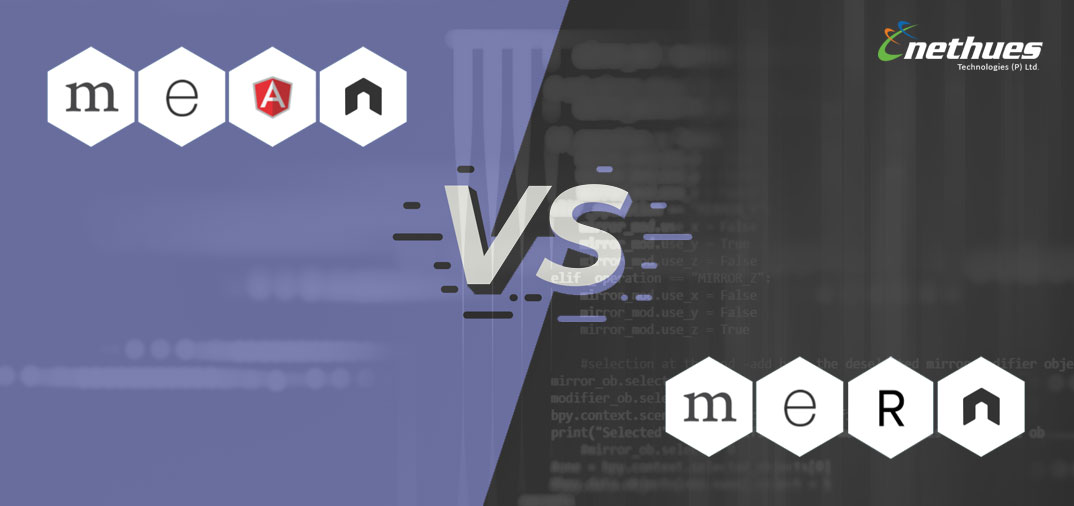Although great during their heyday, websites with rotating tables and GIFs are now gone. Nowadays, majority of websites are built with widgets for quick loading, increased interaction and enhanced mobile-responsiveness.
Today, users demand and expect rich experiences from websites – that’s equivalent to a native mobile app. On the business side of things, Full Stack developers are also under significant pressure to develop DevOps methodologies in order to deliver new applications rapidly while rolling out enhancements and updates on a regular basis. But, it doesn’t stop here as there is a continuous requirement to scale aptly and ensure high availability simultaneously. As a result, it can be inferred that the evolution of web development has been accelerated by the demands of the end users.
Thus, the traditional approach of combining JavaScript, CSS and HTML is no longer sufficient (although it gets the job done). For meeting the web audiences’ needs, taking advantage of a web stack proves to be a perfect solution.
There are a number of used by web developers, but the dominant ones are:
- MEAN (MongoDB, ExpressJS, AngularJS, NodeJS)
- MERN (MongoDB, ExpressJS, ReactJS, NodeJS)
THE MEAN VS MERN STACK
Ever since MERN stack came into existence, this debate has been ruling hundreds of minds. And leaps of faith don’t work here; you need to make an informed, calculated decision, one that is detrimental to the success of your business vision.
Well, the choice of using MEAN or MERN solely depends upon the need of the project and the familiarity of the developer with these technologies. Both the stacks are open source frameworks that benefit from the contribution of the community and enhanced flexibility; where applications are built upon the Model-View Architecture.
MongoDB is a popular database common in both the stacks, along with NodeJS that allows programmers to develop back-end applications by allowing JavaScript to run in on Server along with ExpressJS which is used to manage HTTP request, provide basic routing and produce an Application Programming Interface(API).
The choice comes down to Angular or React, both being front-end frameworks, well-suited for your app needs.
Angular JS is an open source JavaScript framework maintained by Google and the community. Used in single page applications, it provides seamless user experience as it allows entire page rendering without refreshing it.
On the other hand, ReactJS is a lightweight framework designed for developing single-page, multi-page and hybrid web user interfaces by Facebook.
Both the platforms allow developers in writing small reusable modules instead of large pieces of code, both are dedicated to organizing the UI layer components and rendering them using an optimum code and finally are supported by great knowledge bank of documentation, sample codes, and tutorials. Thus, the choice among the two is entirely dependent on business needs and requirements. However, we have enlisted a few points that might help in narrowing down the debate.
How To Choose One?
Performance
React is arguably better for performance reasons. Angular 1 uses two way data binding and a digest cycle to constantly keep the view in sync with the underlying data model. This gets expensive when there are hundreds of variables to dynamically check and update.
On the other hand, React uses unidirectional data flow to more efficiently check for state change. This plays better with larger data sets, where hundreds and thousands of records need to be rendered and updated. Although Angular 2 has introduced better state control, React is an easier and more intuitive way to handle change events.
And now the “Architecture” debate gets solved
Although MERN stack makes UI rendering considerably simpler, it is just a library. It is just a means to make rendering easy. On the contrary, MEAN, with AngularJS provides a well-organized framework to support a MVC architecture where the database and UI code are isolated with an intermediate layer. This, in turn, helps in managing and upgrading the code an easy task.
And finally the “Third–Party Libraries”
When it comes to developing a large-scale application, we tend to use multiple third-party libraries to serve a variety of purposes. Angular JS, being a framework, comes with ready to use features that simplify the use of third-party libraries. It supports “$http” calls to connect to the backend server while React JS requires additional libraries to support such calls. Thus, when it comes to adding features to the application, React JS involves additional configurations while Angular JS is well organized to make it a plug and play job.
Final Thought
After a discussion of the ‘only differences’ between MEAN and MERN, it is evident that both stacks are equally viable options. It really boils down to personal preference. While React is definitively more performant than Angular 1, Angular 2 accounts for the pitfalls seen with its predecessor. Both options play equally well with other stack components (MongoDB, Express, Node). Deciding which one is best for your business comes down to an emphasis on architecture, code maintainability, performance – to name a few. This, opting for the one that suits your business size and takes it to the forefront.






